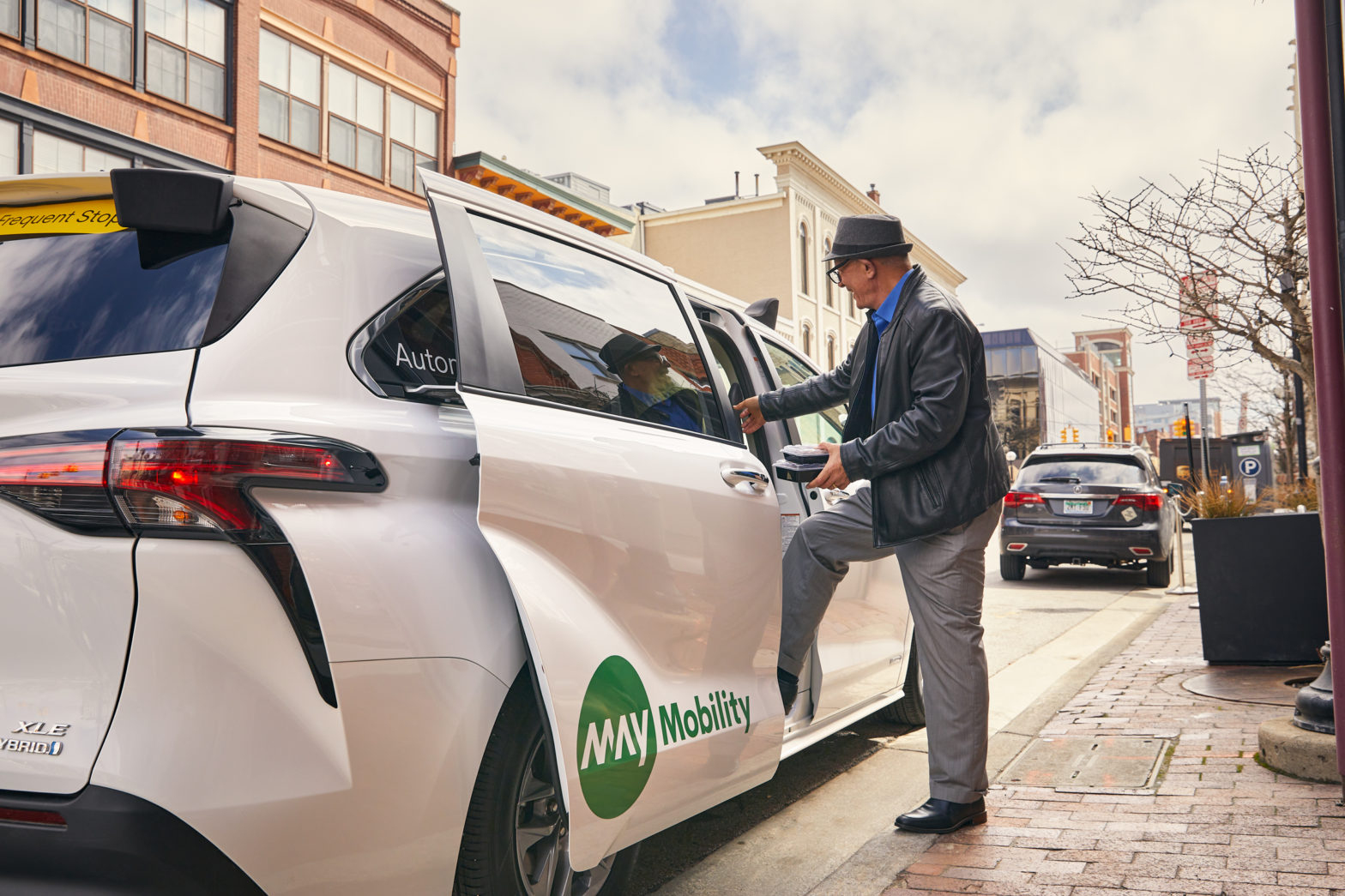
Beyond smart cities–sustainability is a key challenge
29 September 2016
By Monika Bylehn, a Networked Society Evangelist responsible for establishing a position of thought leadership for Ericsson on the issue of urban life
A colleague of mine once said it makes more sense to compare cities than nations–to compare Paris to Hong Kong rather than France to China. Cities share some similar traits. Compared to nations, cities in general have a higher GDP per capita, are often more efficient, and are the place where new technology is rolled- out first. And comparing and ranking cities is exactly what we do in the Networked Society City Index, now for the fifth time. The index has expanded to include 41 cities, with Riyadh, Saudi Arabia, as the new kid on the block, ranked as number 32.
A majority of us live in cities and the trend of urbanisation is continuing. Therefore, cities will stay vital in solving many of the social, economic, and environmental challenges we face. Often, though, they will do so with creative responses to their own special circumstances.
For example, I recently had the opportunity to visit a city rising from a dark past–Medellin, Colombia–for many years the world’s most dangerous city. Today, the city is blossoming with activity to improve it. I noticed that the billboards throughout the city had messages on how to improve the air quality by encouraging alternative modes of transport. But finding alternatives to cars and motorcycles is a challenge, especially given Medellin’s geology, climbing the sides of the four mountains that surround it.
Because of these large differences in elevation, the City of Medellin has established both escalators travelling up the mountainsides and a cable car system, known as Metrocable, for commuters. Apparently even the street dogs have learned to travel the escalators! A third option to travel without polluting the air is the affordable electric bike system developed in the city, with connected versions that will automatically give you a boost, depending on how heavy the climb, thanks to preprogrammed maps and GPS location tracking.
The environment is an issue not only in Medellin. As a matter of fact, none of the cities in the Networked Society City Index can currently be considered environmentally sustainable.
We can learn from the index that less affluent cities may have low climate impact and low resource use, but conversely have problems with high air pollution levels. The challenges of more affluent cities on the other hand mainly concern their climate impact. For less affluent cities, socioeconomic progress is a priority. ICT will play a very important role in decoupling cities’ continued socioeconomic progress from negative environmental impacts. Smart electricity grids, intelligent transport, e-health, and e-learning are some of the ICT solutions that bring socioeconomic progress while minimising society’s environmental impact.
So, who won? This year’s index I mean. As a matter of fact, Stockholm tops the 2016 Networked Society City Index, beating top-contenders London and Singapore once again. But London overtakes Stockholm’s number one position in regards to ICT maturity, so watch out Stockholm.
The future Networked Society city holds the key to solve our global challenges. It goes beyond the smart city initiatives we see today, which mainly focus on optimising existing systems and behaviours. The future Networked Society is characterised by resiliency, collaboration, participation, and mobility. To give an example, it is a city where services and communities are accessible to everybody in the city, no matter who you are or where you live. In this future city, everybody and almost everything is connected.
In the future city, public space will be multifunctional and flexible. Stockholm, even though as index winner, still has a few things to learn from Medellin and other Colombian cities in this regard. On Sundays, traffic on one side of the largest streets is shut off and half of the street can only be used by cyclists, strollers and runners. Such an excellent use of excess space. More of that, Stockholm, please.















